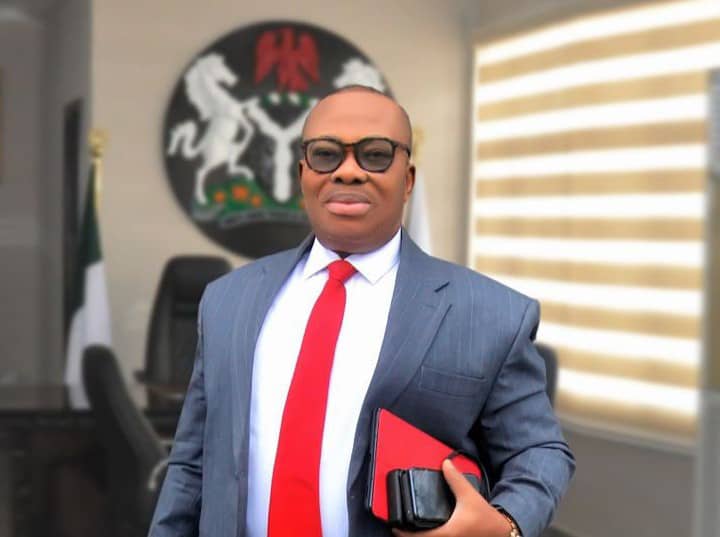Former Chairman of the Nigerian Bar Association (NBA), Ikeja Branch, Dr. Monday Onyekachi Ubani (SAN), has strongly condemned the recent renaming of a major Lagos bus stop, describing it as a dangerous ethnic agenda threatening Nigeria’s fragile unity.
Ubani was reacting to the decision by the outgoing Chairman of Bariga Local Council Development Area (LCDA), Hon. Kolade Alabi David, to rename the popular Charly Boy Bus Stop to Baddo Bus Stop, in honour of popular Yoruba music star, Olamide.
While acknowledging Olamide’s achievements, Ubani, a legal and policy analyst, decried what he described as a “systematic and silent erasure” of place names in Lagos historically associated with non-Yoruba residents, particularly the Igbo community.
“This act goes beyond entertainment or local politics. It reeks of tribal bias and exclusion,” Ubani said.
“What we are witnessing is a subtle but disturbing effort to rewrite Lagos’s rich cultural history in a way that sidelines the contributions of other ethnic groups.”
Ubani, who has lived in Lagos since the 1980s and built a multi-ethnic legal practice in the state, said the pattern of renaming public landmarks without public consultation or justification threatens to reverse the gains of national integration.
According to him, Lagos, once known as Nigeria’s melting pot, is gradually being rebranded as an ethnocentric space where names with perceived non-Yoruba roots are erased without explanation.
He queried: “Were these names imposed illegally? Were they not once approved by the same government institutions? What has changed, and why now?”
Ubani warned that actions like this—especially when carried out under the guise of administrative decisions—could fuel resentment, ethnic profiling, and deepen national disunity at a time when the country is grappling with insecurity and social division.
“This rising trend of street renaming based on ethnic calculations betrays the progressive and accommodating image of the Yoruba people,” he stated.
He also faulted the Lagos State Government and the Ministry of Local Government and Chieftaincy Affairs for failing to issue policy guidelines or ensure community participation in the renaming process.
“Public infrastructure carries the memory and identity of a people. When names are changed arbitrarily, it sends a dangerous message — that certain histories no longer matter,” Ubani noted.
He added that while it may be acceptable to honour notable figures, doing so at the cost of deleting other legacies—especially those rooted in Lagos’s multicultural identity—is unjust, undemocratic, and insensitive.
Ubani urged authorities to reverse what he called a “retrogressive trend” before it becomes a precedent for ethnic domination in public policy.
“Our greatness as a city and as a nation lies in peaceful coexistence, mutual respect, and the appreciation of diversity — not in exclusion and silent hostility,” he warned.
Calling for transparency and inclusion in such decisions, Ubani concluded with a passionate plea: “Lagos must not become a theatre of ethnic cleansing through street names. Let aggravated and systemic hatred through public policy be stopped — it is a solemn plea.”
Do you want to share a story with us? Do you want to advertise with us? Do you need publicity for a product, service, or event? Contact us on WhatsApp +2348183319097 Email: platformtimes@gmail.com
We are committed to impactful investigative journalism for human interest and social justice. Your donation will help us tell more stories. Kindly donate any amount HERE




